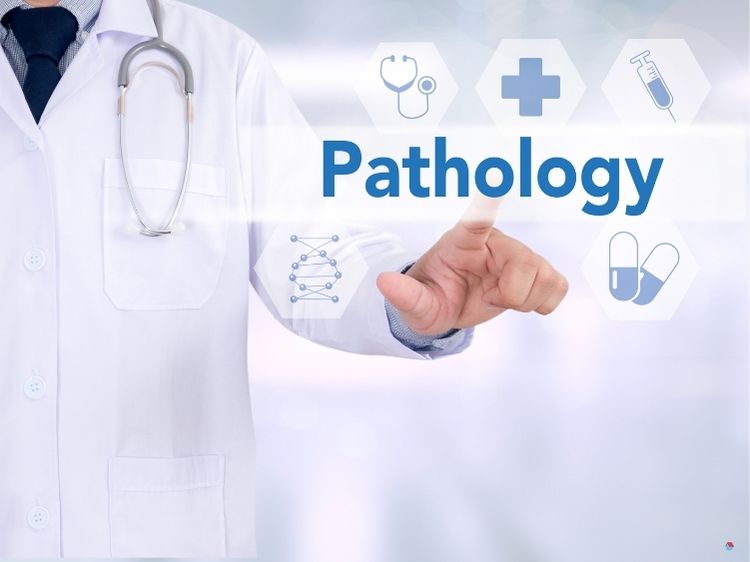In the labyrinth of healthcare, a myriad of specialists work behind the scenes, playing pivotal roles in diagnosing, treating, and preventing diseases. Among these unsung heroes, professionals offering doctors pathology services stand out for their critical contributions. This article embarks on a journey to explore the intricate world of doctors pathology services, shedding light on its significance, processes, and impacts on patient care. So, buckle up as we delve deep into this essential medical field, unearthing insights that not only educate but also intrigue.
The Backbone of Diagnosis: Understanding Doctors Pathology Services
Doctors pathology services form the foundation upon which many medical decisions rest. Pathologists, the doctors specializing in this field, are detectives of the medical world. They examine tissues, cells, and bodily fluids, applying their expert knowledge to uncover the mysteries hidden within. These insights are crucial for:
- Diagnosing diseases such as cancer, infections, and chronic conditions.
- Guiding treatment decisions, tailoring them to the specific needs and conditions of patients.
- Monitoring disease progression and response to treatment.
The Crucial Steps in Pathology Services
- Sample Collection: The journey begins with the collection of samples, which could range from blood to biopsies.
- Processing: Samples undergo meticulous preparation for analysis.
- Examination: Pathologists examine the samples using various techniques, from microscopic evaluation to molecular testing.
- Reporting: Results are compiled into detailed reports, providing insights into diagnosis and recommendations for treatment.
Peeling the Layers: Types of Pathology Services
Doctors pathology services encompass a spectrum of disciplines, each with its unique focus and methodologies. The most common include:
- Anatomic Pathology: Examines body tissues for signs of disease.
- Clinical Pathology: Focuses on the analysis of blood, urine, and other bodily fluids.
- Molecular Pathology: Uses sophisticated techniques to understand diseases at a genetic and molecular level.
These varied branches ensure a comprehensive approach to diagnosing and managing diseases, underlining the versatility and depth of pathology services.
The Unseen Heroes: The Role of Pathologists
Pathologists, often referred to as the “doctor’s doctor,” provide insights that shape patient care strategies. They collaborate closely with primary care physicians and specialists, offering expert opinions that guide medical decisions. Their work, though largely behind the scenes, is instrumental in:
- Ensuring accurate diagnoses.
- Recommending the best course of treatment.
- Contributing to research and development of new treatment methods.
The Impact of Technology on Pathology
Advancements in technology have significantly enhanced the capabilities of doctors pathology services. Digital pathology, for example, allows for the digital scanning of slides, enabling remote consultations and second opinions. Molecular testing and genomics are pushing the boundaries of personalized medicine, making treatments more targeted and effective.
Common Questions Around Doctors Pathology Services
Q: How do doctors pathology services contribute to cancer care? A: They are pivotal in diagnosing cancer, determining its stage and aggressiveness, and identifying targeted treatment options.
Q: Can pathology services detect infectious diseases? A: Yes, by analyzing samples, pathologists can identify bacteria, viruses, and other pathogens, guiding the choice of antibiotics or antiviral medications.
Q: What role do pathologists play in managing chronic diseases? A: They monitor disease progression and the effectiveness of treatment, aiding in adjustments to therapy as needed.
In Summary: The Vital Pulse of Healthcare
Doctors pathology services are the cornerstone of effective healthcare, providing the crucial insights that guide diagnosis, treatment, and prevention. The pathologists, with their deep expertise and the support of advanced technologies, are key players in the quest for better health outcomes. As we’ve seen, their work impacts every aspect of patient care, from identifying diseases at their onset to tailoring personalized treatment plans. The significance of doctors pathology services cannot be overstated—they truly are the vital pulse of modern healthcare.
In exploring the depths of this field, we’ve uncovered the complexities, challenges, and triumphs faced by those dedicated to pathology services. It’s a reminder of the relentless pursuit of knowledge and excellence that defines the medical profession. For patients and healthcare providers alike, understanding the role of doctors pathology services is not just about appreciating the science behind it; it’s about recognizing the profound impact it has on lives every day. So, the next time you hear about a medical diagnosis, remember the intricate dance of science and expertise that made it possible.
